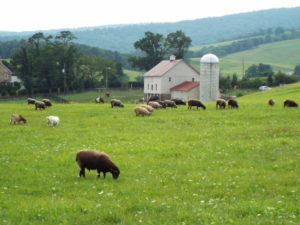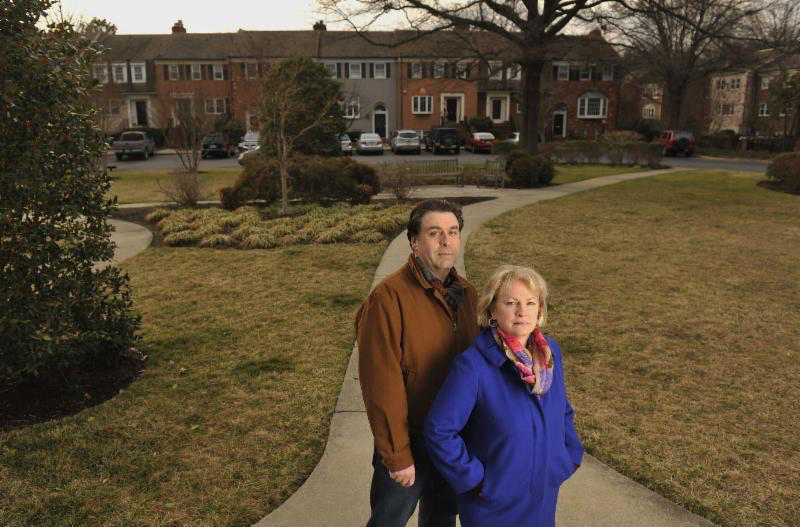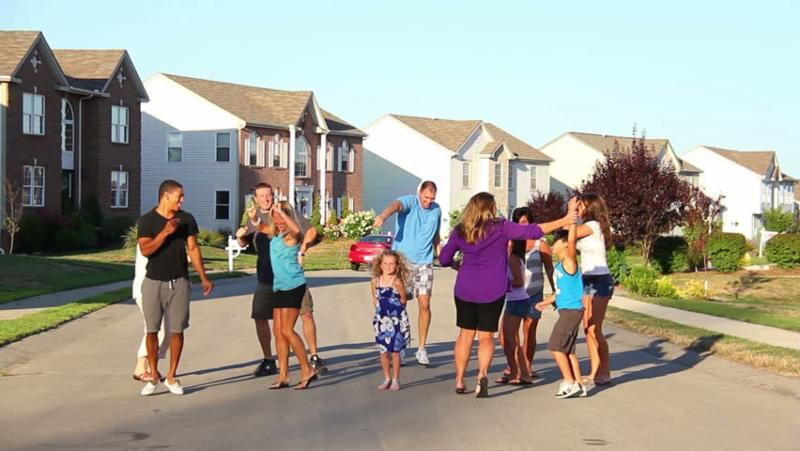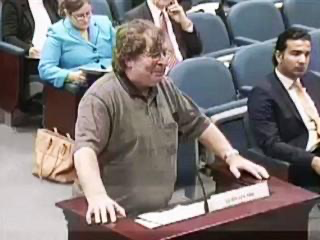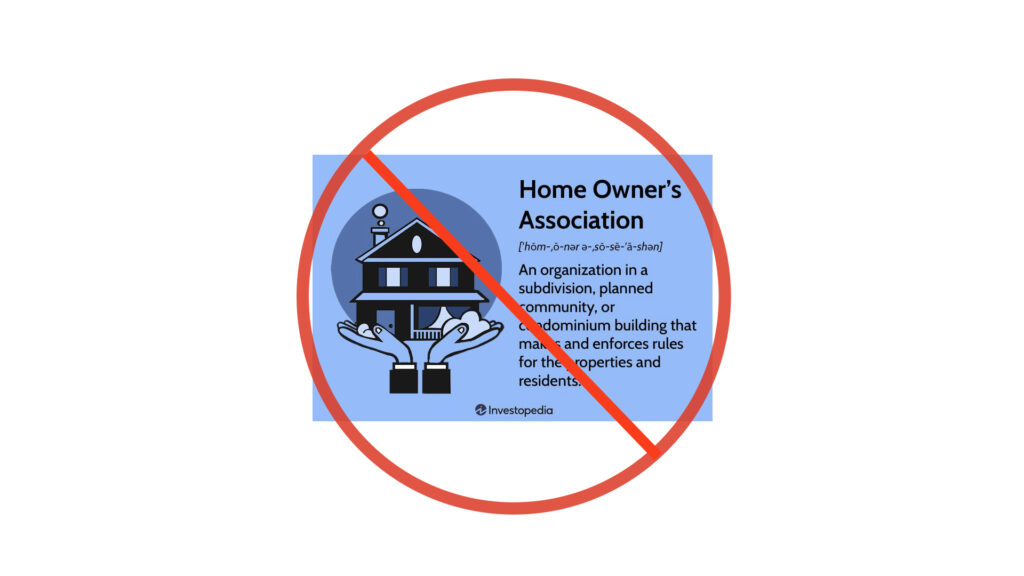We can all make a mistake but when we intentionally seek to mislead, it is called a lie. Habitual liars have no credibility and without credibility they really have nothing. Who is going to believe them? But when it comes to sales, intentionally misleading the public should, and at one point did, have consequences. At least when it comes to property, which is always an emotional decision. A false statement about the property can sway a decision one way or the other. It is imperative that consumers are given all the TRUE facts and allowed to make an educated decision as to whether to proceed with the purchase or not.
And what happens when the ads are misleading?
Martha Boneta joins us On The Commons. Martha, many of you know, realized her childhood dream of becoming a farmer when she and her family bought Liberty Farms in Paris, Virginia. At the time of the sale the farm was dilapidated and in desperate need of a lot of tender loving care. A patriot and someone who loves the land and Virginia and tirelessly posts photos of her beloved Commonwealth on her Facebook page, the physical condition of the farm was less important than the purported historic significance of the farm. The emotional hook for Martha was the allegation that Stonewall Jackson bivouacked on the land that was now part of the farm. For someone who loves her country as much as she does, no other farm anywhere was as precious as Liberty Farm. So she bought it, cleaned it up, fixed it up and turned it into a little corner of heaven on earth. At least when it comes to the condition of the farm. But heaven was still a long, long way away. Join us as we catch up with Martha and life on Liberty Farm.


